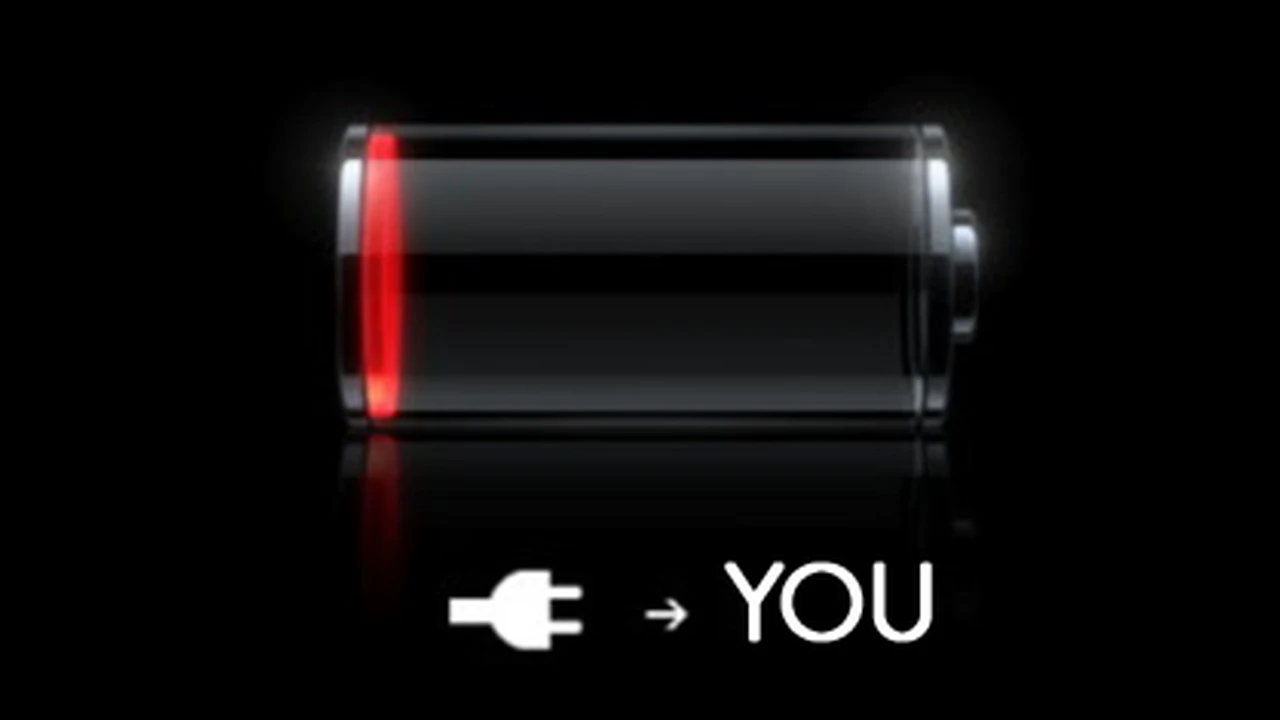Intermittent Fasting and Sleep: A Delicate Balance
Sample meta description.

Okay, so you're thinking about trying intermittent fasting (IF). Awesome! It's a super popular way to shed some pounds, boost your energy, and maybe even live longer. But, and it's a big but, how's it gonna mess with your sleep? That's what we're diving into today. We're talking about the delicate dance between IF and your precious Zzz's. I'm not a doctor, so this isn't medical advice, just some friendly info based on research and common sense. Let's get started!
Understanding Intermittent Fasting IF and its Impact on the Body
First things first, what exactly is intermittent fasting? Basically, it's not about what you eat, but when you eat. You cycle between periods of eating and periods of voluntary fasting on a regular schedule. There are a bunch of different ways to do it. The 16/8 method is super common – you eat all your meals within an 8-hour window and then fast for 16 hours. Then there's the 5:2 diet, where you eat normally for five days and restrict calories for two. And there are even more extreme versions, but let's stick to the basics for now. So, how does this affect your body? Well, when you fast, your body switches from using glucose (sugar) for energy to burning stored fat. This can lead to weight loss, improved insulin sensitivity, and even cellular repair (autophagy). But, and here's the sleep connection, it also messes with your hormones and energy levels, which can definitely impact your sleep quality.
The Science Behind Sleep and Fasting Exploring the Connection
Sleep and fasting are both governed by your circadian rhythm, that internal clock that regulates your sleep-wake cycle. When you throw intermittent fasting into the mix, you're essentially adding another variable that can disrupt this delicate balance. Think about it: you're changing your eating schedule, which affects your blood sugar levels, hormone production (like cortisol and melatonin), and even your gut microbiome. All of these things can influence how well you sleep. For example, if you're fasting in the evening, your blood sugar might drop, which can trigger the release of cortisol, a stress hormone that can keep you awake. On the other hand, some people find that fasting actually improves their sleep by stabilizing their blood sugar and reducing inflammation. It really depends on the individual and how their body responds to IF.
How Intermittent Fasting Can Affect Sleep Patterns Potential Benefits and Drawbacks
Okay, let's break down the potential good and bad news. On the positive side, some studies suggest that intermittent fasting can improve sleep quality by promoting weight loss. Excess weight is often linked to sleep apnea and other sleep disorders, so losing weight can definitely help. Also, IF can improve insulin sensitivity, which can lead to more stable blood sugar levels throughout the night. This can prevent those middle-of-the-night wake-ups caused by blood sugar crashes. However, there are also potential downsides. As we mentioned earlier, fasting can disrupt your circadian rhythm and lead to hormone imbalances that interfere with sleep. Some people experience increased hunger and cravings, especially when they first start fasting, which can make it difficult to fall asleep. And if you're not careful, you can also become nutrient deficient, which can further exacerbate sleep problems.
Tips for Balancing Intermittent Fasting and Sleep Optimizing Your Routine
So, how do you make intermittent fasting and sleep work together? Here are a few tips to help you optimize your routine:
- Time your meals carefully: Try to finish your last meal at least 2-3 hours before bedtime to give your body time to digest and stabilize your blood sugar.
- Stay hydrated: Dehydration can disrupt sleep, so make sure you're drinking plenty of water throughout the day, especially during your fasting periods.
- Avoid caffeine and alcohol: These substances can interfere with sleep, so it's best to avoid them, especially in the evening.
- Listen to your body: If you're experiencing sleep problems, adjust your fasting schedule or consider taking a break altogether.
- Prioritize sleep hygiene: Create a relaxing bedtime routine, make sure your bedroom is dark, quiet, and cool, and avoid screen time before bed.
- Consider a shorter fasting window: If 16/8 is too much, try 14/10 or even 12/12. Find what works best for you.
- Focus on nutrient-dense foods: When you are eating, make sure you're getting plenty of vitamins and minerals.
Foods to Eat and Avoid During Intermittent Fasting for Better Sleep Nutritional Guidelines
What you eat during your eating window can also significantly impact your sleep. Focus on whole, unprocessed foods that are rich in nutrients. Good choices include:
- Lean protein: Chicken, fish, beans, and lentils can help you feel full and satisfied.
- Healthy fats: Avocados, nuts, seeds, and olive oil can help stabilize blood sugar and promote satiety.
- Complex carbohydrates: Whole grains, fruits, and vegetables provide sustained energy and fiber.
Avoid processed foods, sugary drinks, and excessive amounts of caffeine and alcohol. These can disrupt your sleep and sabotage your fasting efforts. Also, consider incorporating sleep-promoting foods into your diet, such as:
- Tart cherries: A natural source of melatonin, the sleep hormone.
- Almonds: Rich in magnesium, which can help relax muscles and promote sleep.
- Kiwi: Contains antioxidants and serotonin, which can improve sleep quality.
- Chamomile tea: A calming herbal tea that can help you relax before bed.
The Role of Supplements Melatonin Magnesium and Other Sleep Aids
Sometimes, even with the best diet and lifestyle habits, you might still need a little extra help to get a good night's sleep. That's where supplements come in. Melatonin is a popular choice because it's a hormone that naturally regulates sleep. Magnesium is another good option because it can help relax muscles and calm the nervous system. Other supplements that may be helpful include valerian root, chamomile, and L-theanine. However, it's important to talk to your doctor before taking any supplements, especially if you're already taking medications. They can help you determine the right dosage and ensure that the supplements are safe for you.
Addressing Common Sleep Problems During Intermittent Fasting Insomnia and Restlessness
Insomnia and restlessness are common side effects of intermittent fasting, especially when you first start. If you're struggling to fall asleep or stay asleep, here are a few things you can try:
- Adjust your fasting schedule: Try moving your eating window earlier in the day or shortening your fasting period.
- Create a relaxing bedtime routine: Take a warm bath, read a book, or listen to calming music before bed.
- Practice relaxation techniques: Deep breathing, meditation, and yoga can help calm your mind and body.
- Consider a white noise machine: White noise can help block out distracting sounds and promote sleep.
- Talk to your doctor: If your sleep problems persist, talk to your doctor to rule out any underlying medical conditions.
Personalizing Your Intermittent Fasting Approach Tailoring it to Your Sleep Needs
The key to success with intermittent fasting and sleep is to personalize your approach. What works for one person might not work for another. Experiment with different fasting schedules, meal timings, and dietary strategies to find what works best for your body and your sleep needs. Pay attention to how you feel and adjust your routine accordingly. And don't be afraid to seek professional help from a doctor, registered dietitian, or sleep specialist. They can provide personalized guidance and support to help you achieve your health goals.
Real-Life Examples and Success Stories How People Have Improved Sleep with IF
Let's hear from some real people who have successfully combined intermittent fasting and improved their sleep:
Sarah: "I was struggling with insomnia for years. I started intermittent fasting and lost weight, which helped with my sleep apnea. Now I sleep so much better!"
John: "I used to have terrible blood sugar crashes in the middle of the night. Since starting IF, my blood sugar is much more stable, and I sleep through the night."
Emily: "I was always tired and sluggish. IF gave me more energy during the day, and I sleep better at night because I'm not as stressed."
These are just a few examples of how intermittent fasting can improve sleep. Remember, everyone is different, so it's important to find what works best for you.
Specific Product Recommendations for Sleep Enhancement During Intermittent Fasting
Okay, let's talk products. While a good routine is key, sometimes a little help is welcome. Here are a few products I've researched and think are worth considering, keeping in mind everyone's different, and this isn't medical advice. Always check with your doctor before trying new supplements or devices.
Sleep Masks for Light Blocking
Light is a huge disruptor of sleep. Even a tiny bit of light can suppress melatonin production. A good sleep mask can make a big difference, especially if you live in a city or have a partner who likes to read in bed.
Manta Sleep Mask
Use Case: Travel, shift workers, anyone sensitive to light. If you are doing intermittent fasting, you might find yourself waking up early. A sleep mask can help you stay asleep even with the sun coming up.
Comparison: Compared to cheaper masks, the Manta mask is more comfortable, blocks out more light, and is adjustable. Many cheap sleep masks don't block all light.
Price: Around $35.
Alaska Bear Natural Silk Sleep Mask
Use Case: Everyday use, sensitive skin. If you have sensitive skin, or you don't like the feeling of elastic on your face, this is a good option.
Comparison: This is a lighter, more breathable mask than the Manta. It doesn't block quite as much light, but it's more comfortable for some people.
Price: Around $10.
Weighted Blankets for Relaxation
Weighted blankets can help reduce anxiety and promote relaxation, leading to better sleep. They work by providing deep pressure stimulation, which can have a calming effect on the nervous system.
Gravity Blanket
Use Case: Anxiety, restlessness, insomnia. This can be helpful as you adjust to a new intermittent fasting schedule.
Comparison: The Gravity Blanket is a premium weighted blanket known for its quality materials and even weight distribution. Cheaper blankets can have uneven weight distribution and be made from less durable materials.
Price: Around $250.
YnM Weighted Blanket
Use Case: Budget-friendly option, general relaxation.
Comparison: This is a more affordable option that still provides the benefits of a weighted blanket. It's not as luxurious as the Gravity Blanket, but it's a great value for the price.
Price: Around $80.
Sleep Trackers for Monitoring Sleep Patterns
Understanding your sleep patterns is crucial for improving your sleep. Sleep trackers can provide valuable insights into your sleep stages, heart rate, and movement throughout the night. This information can help you identify potential sleep problems and track your progress as you make changes to your routine.
Fitbit Sense
Use Case: Comprehensive sleep and health tracking. IF can impact your overall health. This tracker can help you monitor multiple metrics.
Comparison: The Fitbit Sense is a high-end sleep tracker that provides detailed sleep analysis, including sleep stages, heart rate variability, and skin temperature. It also offers a variety of other health tracking features, such as stress management and ECG.
Price: Around $300.
Oura Ring
Use Case: Discreet sleep tracking, focus on recovery.
Comparison: The Oura Ring is a more discreet option that tracks sleep, activity, and recovery. It provides personalized insights and recommendations based on your data.
Price: Around $300 (plus subscription).
Supplements for Sleep Support
As mentioned before, supplements can be helpful for improving sleep. Here are a few specific brands to consider:
Nature Made Melatonin
Use Case: Occasional sleeplessness, jet lag. Remember to use melatonin sparingly.
Comparison: Nature Made is a reputable brand that offers a variety of melatonin supplements in different dosages. It's a widely available and affordable option.
Price: Around $10.
Natural Vitality Calm Magnesium Powder
Use Case: Muscle relaxation, stress reduction, improved sleep.
Comparison: This magnesium powder is easily absorbed and can help promote relaxation and improve sleep quality. It comes in a variety of flavors.
Price: Around $25.
Remember to always consult with your doctor before starting any new supplements or using any new sleep products. They can help you determine the best options for your individual needs and health conditions.
Monitoring Your Progress and Adjusting Your Approach
The best way to see if intermittent fasting is impacting your sleep, and whether the strategies we've talked about are helping, is to track your progress. Keep a sleep journal, use a sleep tracker (as mentioned above), and pay attention to how you feel during the day. Are you more energetic? Are you less stressed? Are you sleeping better? If you're not seeing the results you want, don't be afraid to adjust your approach. Experiment with different fasting schedules, meal timings, and sleep strategies until you find what works best for you. And remember, it's okay to take breaks from intermittent fasting if you need to. Your health and well-being should always be your top priority.
So, there you have it – a deep dive into the relationship between intermittent fasting and sleep. It's a delicate balance, but with the right knowledge and strategies, you can definitely make both work for you. Good luck, and sweet dreams!
:max_bytes(150000):strip_icc()/277019-baked-pork-chops-with-cream-of-mushroom-soup-DDMFS-beauty-4x3-BG-7505-5762b731cf30447d9cbbbbbf387beafa.jpg)






